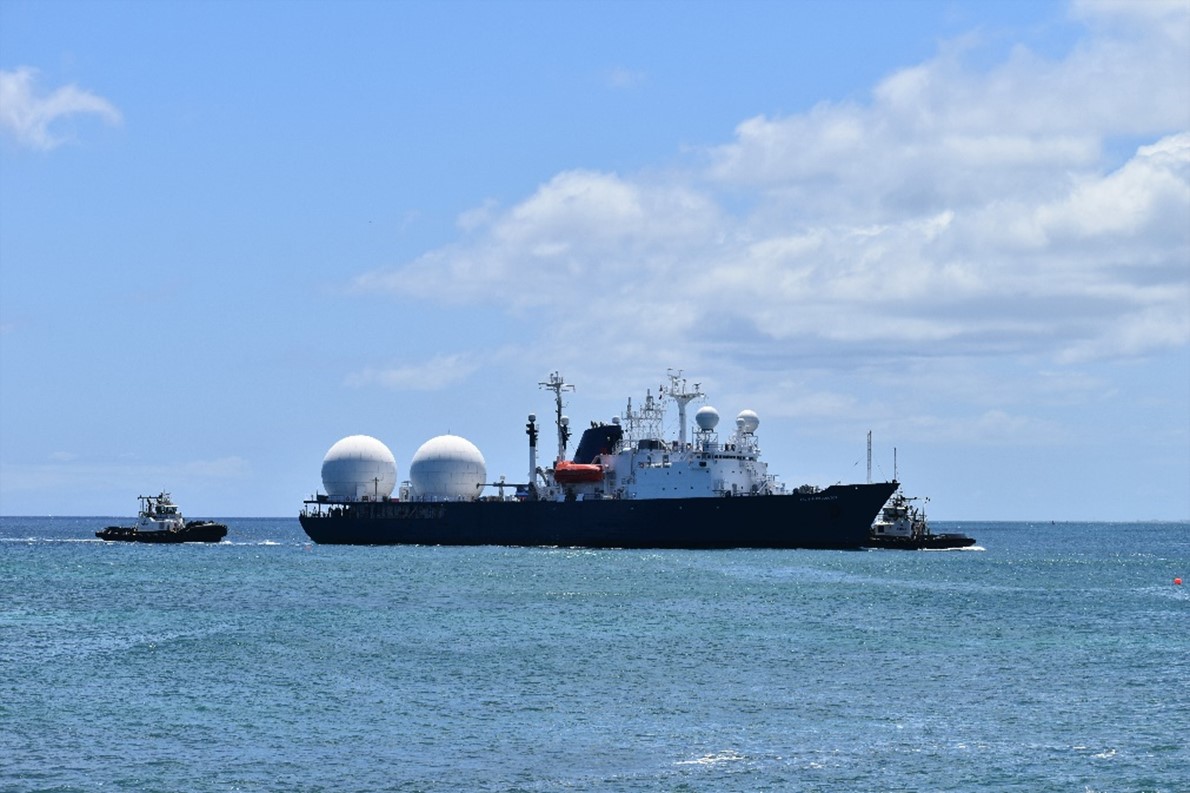Expanding the world’s access to abundant and clean Pennsylvania natural gas is “good for the economy, good for the environment, and it’s good for our national security,” Marcellus Shale Coalition President Dave Callahan testified during a Philadelphia Liquefied Natural Gas (LNG) Export Taskforce hearing.
As America’s second largest natural gas producer, Pennsylvania has provided undeniable affordable, reliable, and clean energy opportunities. Increasing global access to these resources, by putting our tradesmen and women to work and expanding LNG export capacity along the east coast, allows the benefits secured here to be shared with the world.
“Boosting American LNG exports – of which a Philadelphia port makes entirely possible – has the potential to reduce these harmful emissions at a rate equivalent to electrifying every car in the country, installing solar on every home and doubling our wind capacity, combined,” Senator Gene Yaw, Chair of the Pennsylvania Senate Energy & Environmental Resources Committee recently noted.
Russia’s weaponization of energy against Europe over the last year and a half has heightened awareness about the interconnectedness of energy and national security, as well as the solutions natural gas delivers on climate and for consumers.
Consider, Appalachian natural gas has the lowest methane intensity of all U.S. production – 65% lower than natural gas produced in Russia. Supplanting Russian energy with Pennsylvania natural gas would wean dependence off this highly unreliable and undesirable supplier and combat energy poverty while building a more resilient, truly sustainable energy portfolio.
“Air pollution kills over 3.2 million people around the world…People that are using wood and manure to cook their meals. Natural gas [via LNG] would replace that,” EQT CEO Toby Rice said to attendees at the hearing.
American LNG supplied more than half of Europe’s natural gas needs last year as the continent’s energy woes became dire. That includes rerouting 74% of U.S. LNG exports to European allies within the first four months of the year – a tremendous increase compared to 34% of deliveries in 2021.
Thanks to the quick response from the U.S. natural gas industry, allies overseas received necessary supplies to help meet their energy needs. This occurred while meeting consumer demand at home. Expanding infrastructure – including pipelines and export facilities – is key to keeping supply available and prices affordable.
In fact, a new whitepaper from the American Council for Capital Formation (ACCF) Center for Policy Research highlighted America’s (particularly Appalachia’s) lagging pipeline infrastructure buildout is actually preventing even more low cost energy from entering the market.
“The U.S. can support global exports and meet domestic consumer demand while keeping costs low. The key is streamlining the permitting process to build more pipelines so the industry can bring ample natural gas resources to market,” ACCF said.
Construction of new pipeline infrastructure the Basin has plateaued in recent years – a result of physical and regulatory blockades – which has limited Americans and allies access to the benefits of Pennsylvania-produced natural gas.
“These now not-so-new areas of production here in Pennsylvania – principally in northcentral/northeastern Pennsylvania and southwestern Pennsylvania – need additional pipelines to access markets, both within our Commonwealth but also regionally,” MSC President Callahan said.





